
Climate change is one of the most pressing issues facing our world today. Although it affects the whole planet, its effects are felt differently across various regions, with some countries experiencing severe consequences.
Impact Of Climate Change

The impacts of climate change are felt across many nations, affecting millions of lives and livelihoods. Addressing their vulnerabilities requires global cooperation and targeted support to build resilience against future disasters.
Chad

Chad is often cited as the most vulnerable country to climate change. The nation experiences extreme weather patterns, including droughts and flooding, which threaten agriculture, which is vital for food security.
Somalia
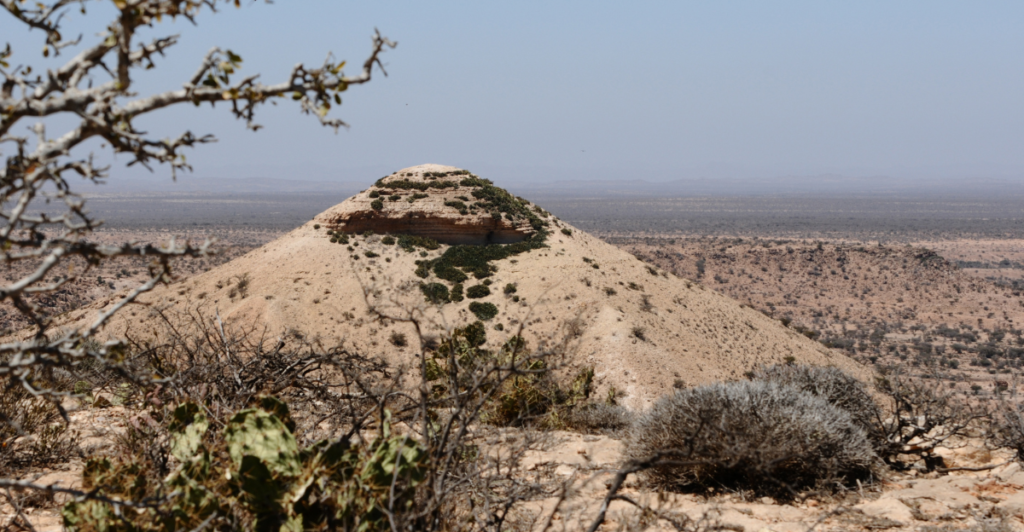
Somalia suffers from long periods of droughts that destroy crops and livestock. Coupled with political instability, these environmental stresses have led to widespread famine.
Syria
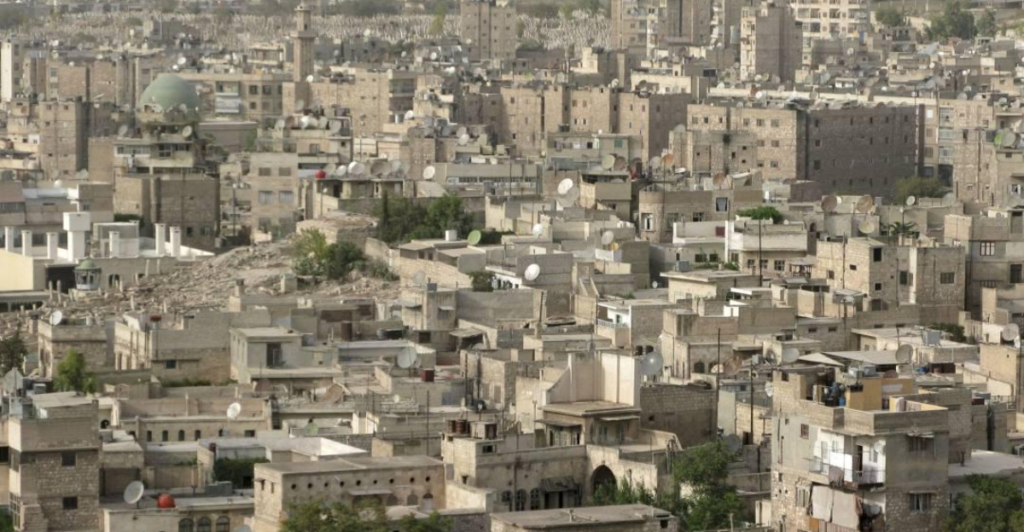
Syria’s climate challenges have been compounded by years of civil war. Severe droughts have contributed to social unrest and conflict over dwindling resources.
Democratic Republic of Congo
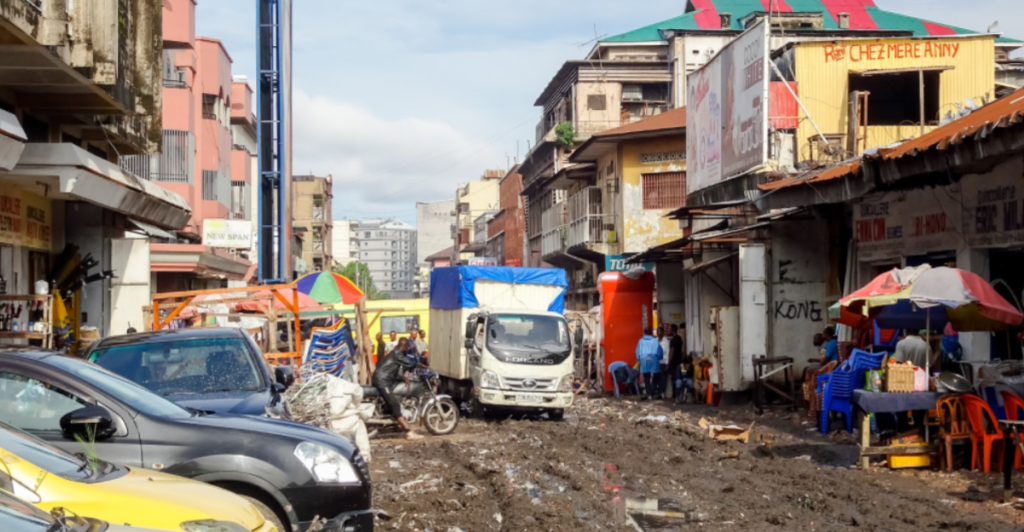
The Democratic Republic of Congo faces many challenges, including armed conflict and health crises. Climate change has intensified flooding, which affects agriculture and leads to food shortages. Malaria and other diseases thrive in changing climates, putting additional pressure on an already struggling healthcare system.
Afghanistan
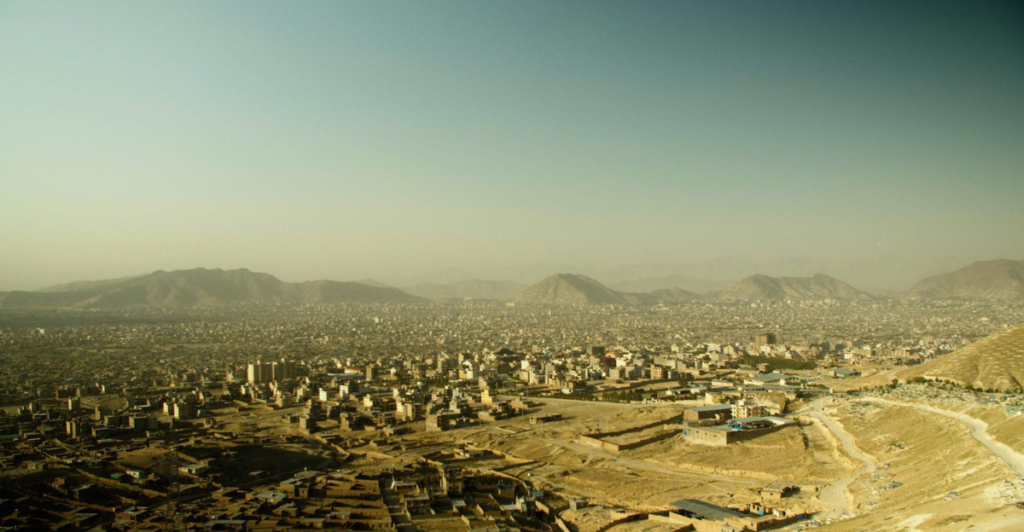
Afghanistan is highly susceptible to climate-related disasters such as droughts and floods. Many communities struggle to access food and clean water, highlighting the urgent need for humanitarian assistance in the face of climate change.
South Sudan
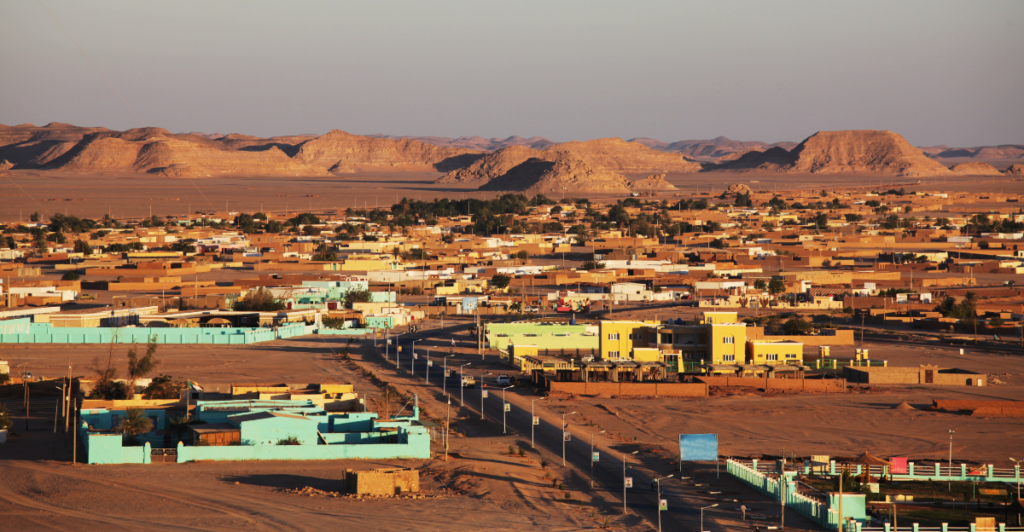
South Sudan has experienced some of the worst flooding in recent history, which has displaced families and destroyed crops. In late 2022 alone, floods affected over 900,000 people. The combination of conflict and climate disasters makes recovery challenging, as many communities lack the resources to rebuild their lives.
Central African Republic
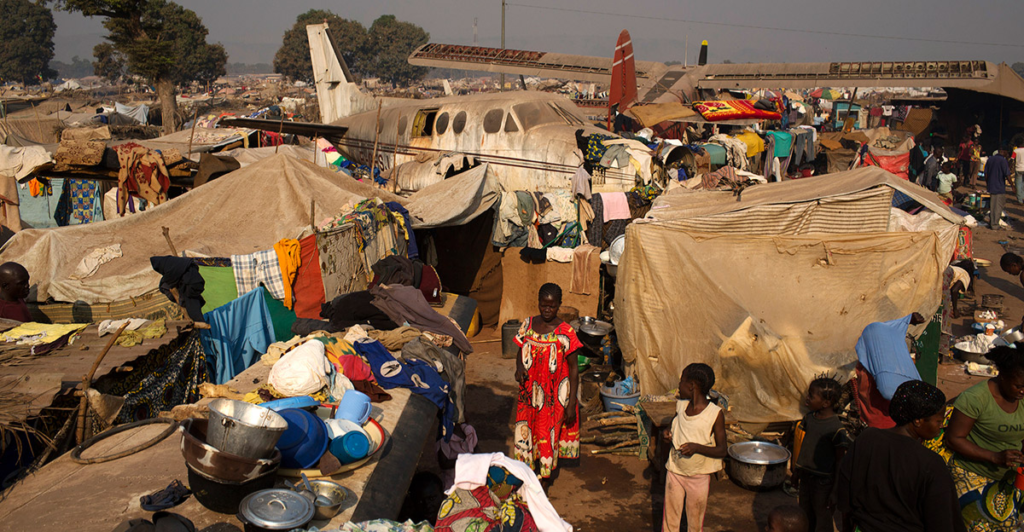
The Central African Republic faces significant political instability that hampers its ability to address climate challenges. Due to changing rainfall patterns, water shortages are common, leading to health crises like cholera outbreaks.
Nigeria
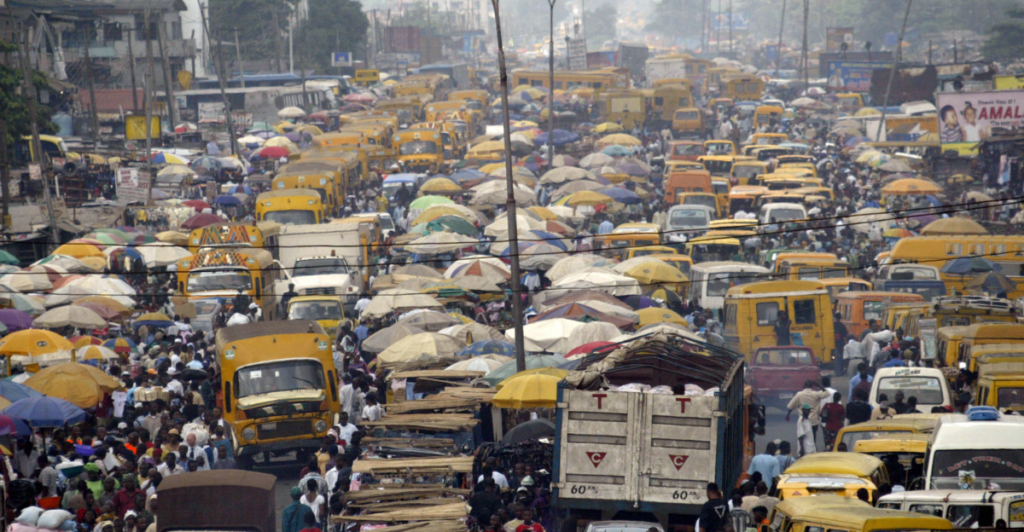
Nigeria is experiencing significant climate impacts, particularly from flooding that has devastated agricultural areas. In 2022, heavy rains led to widespread destruction of crops, putting millions at risk of famine. Political instability complicates efforts to implement effective disaster response strategies and support affected communities.
Ethiopia
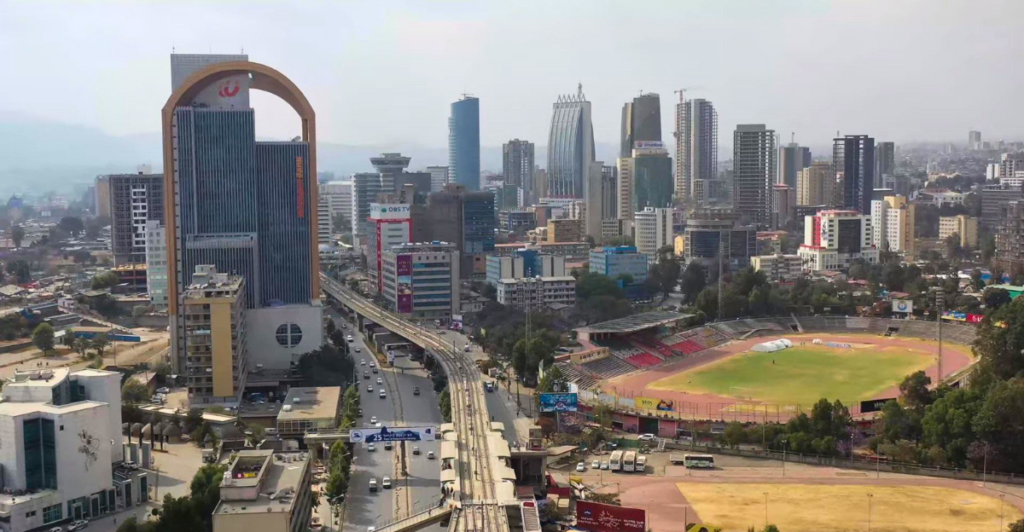
Ethiopia faces one of its worst droughts in decades, impacting around 24 million people. Food insecurity is rampant as families struggle to find enough to eat, highlighting the urgent need for international support.
Bangladesh
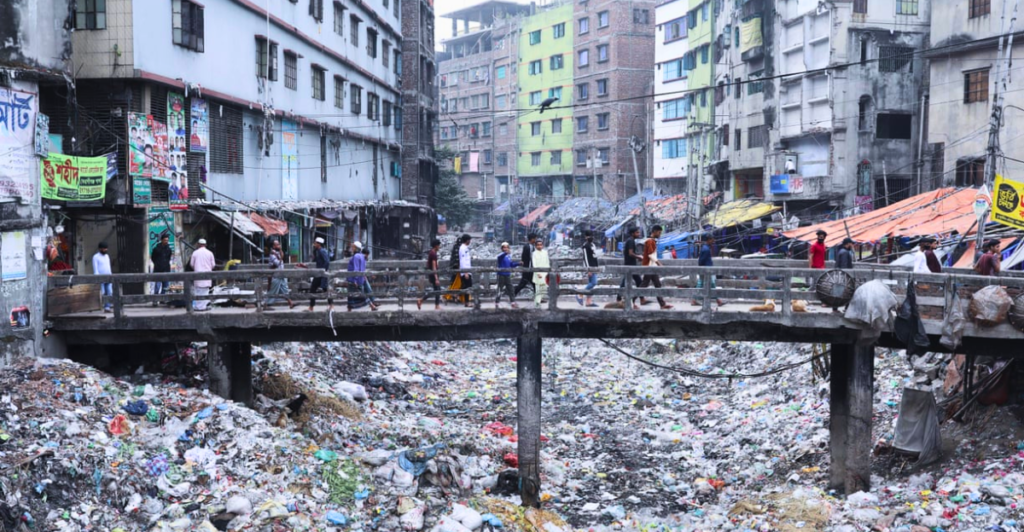
Bangladesh is acutely vulnerable to climate change due to its low-lying geography. Rising sea levels threaten coastal communities, while extreme weather events like cyclones frequently cause destruction. Over the past two decades, Bangladesh has faced more than 185 adverse weather events, highlighting its ongoing struggle against climate impacts.
Thailand
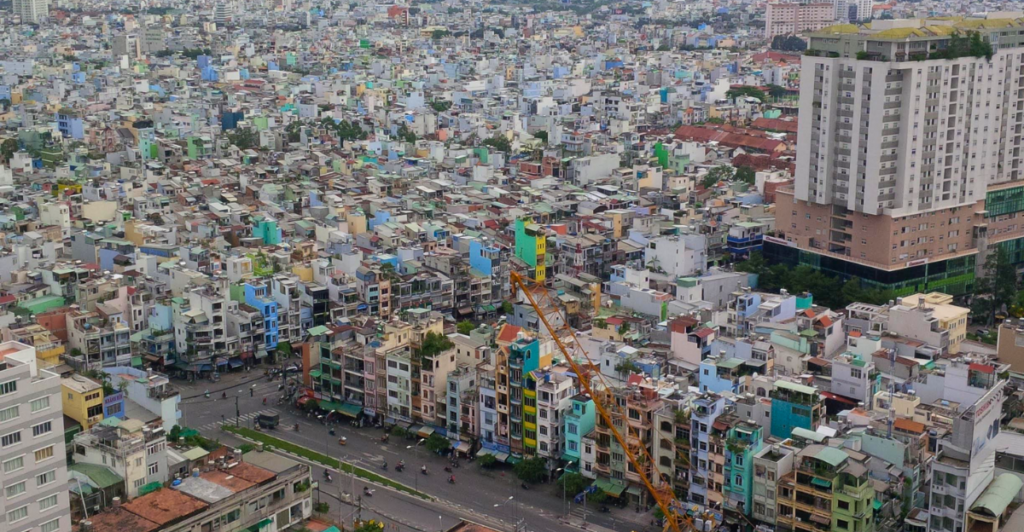
Thailand faces significant risks from climate change, particularly from extreme heat waves and changing rainfall patterns. These changes threaten agriculture and water supply systems crucial for sustaining livelihoods. As a result, farmers are increasingly struggling with crop yields, leading to economic challenges for rural communities.
Discover more of our trending stories and follow us to keep them appearing in your feed

The 12 Tiniest Creatures Found on Earth
Largest U.S. Dam Removal Sparks Giant Salmon Revival
A Climate ‘Time Bomb’ in the Mediterranean Threatens Global Weather—Is the U.S. Prepared?
Why Grolar Bear Numbers Increase With Climate Change – The Grizzly-Polar Hybrid Is Taking Over
Stay connected with us for more stories like this! Follow us to get the latest updates or hit the Follow button at the top of this article, and let us know what you think by leaving your feedback below. We’d love to hear from you!







